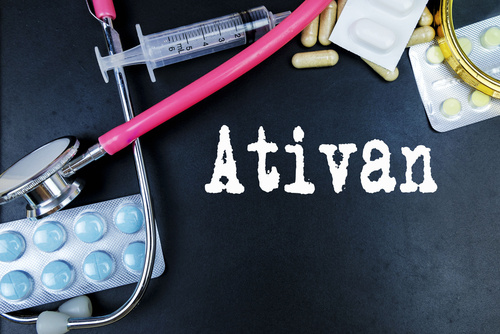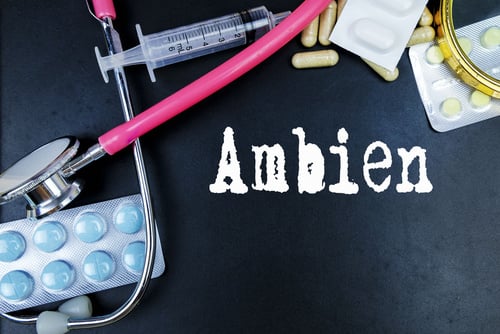Finding Treatment For Diabetes and Substance Abuse
The American Diabetes Association (ADA) explains that diabetes is a long-term condition that arises from disordered glucose functioning in the body. There are two main types of diabetes: type I and type II. Type I diabetes usually occurs in children and young adults. There is no cure for diabetes, but its symptoms can be managed with proper and consistent medical care. Substance abuse is defined as “the excessive use of a substance such as alcohol or drugs that results in significant clinical impairments as well as the loss of ability to function academically, professionally, and socially.” When a diabetic individual struggles with substance abuse it can greatly interfere with her ability to sufficiently care for herself regarding diabetes, which can lead to dangerous consequences. Every drug has unique characteristics and will affect everyone differently. Regardless of the substance abuse, there are certain side effects that are relatively universal, such as irregular sleep, impaired mental functioning, lack of coordination, and more. Many of which can, unfortunately, exacerbate one’s diabetic condition. It is imperative to attend a substance abuse treatment program that is proficient in treating individuals with diabetes. Individuals diagnosed with diabetes require focused medical care and support as part of their drug rehabilitation treatment.
Treatment Options
It is highly recommended for an individual begin the treatment process by undergoing a medically supervised detox program. The withdrawal symptoms that can arise during detox can be severe and make it difficult for a diabetic to properly self-administer insulin and other needed medication. After the successful completion of detox, continuing the treatment process by attending a formal substance abuse and/ or addiction treatment program is essential. It is imperative to ensure any potential treatment program can fully accommodate one’s needs as they relate to diabetes and substance abuse.
Treating diabetes typically requires a collaborative approach that includes input from an array of medical professionals (e.g., ophthalmologist, nephrologist, podiatrist, etc.). Dual diagnosis treatment programs are designed to support an individual through her treatment with dual foci. Substance abuse treatment programs that develop individualized, comprehensive treatment plans for clients with diabetes are integral to its efficacy. It is essential to address and treat one’s substance abuse issues concurrently with the treatment of her diabetes. Remaining vigilant and strictly adhering to one’s diabetes treatment is as essential to one’s health and overall wellbeing, as is learning to successfully maintain one’s sobriety.
For Information and Support
Substance abuse and addiction can be incredibly dangerous and can result in severe short and long-term consequences. If you or someone you know is suffering from substance abuse or addiction, please get help as soon as possible. The earlier you seek support, the sooner you and your loved ones can return to leading happy, healthy, and fulfilling lives. There is no reason to go through this alone, and we are here to help. Please feel free to reach out to us for further information or with any questions regarding substance abuse or addiction. We are available anytime via telephone at: 213-389-9964, or you can always email us at: info@friendlyhousela.org.



